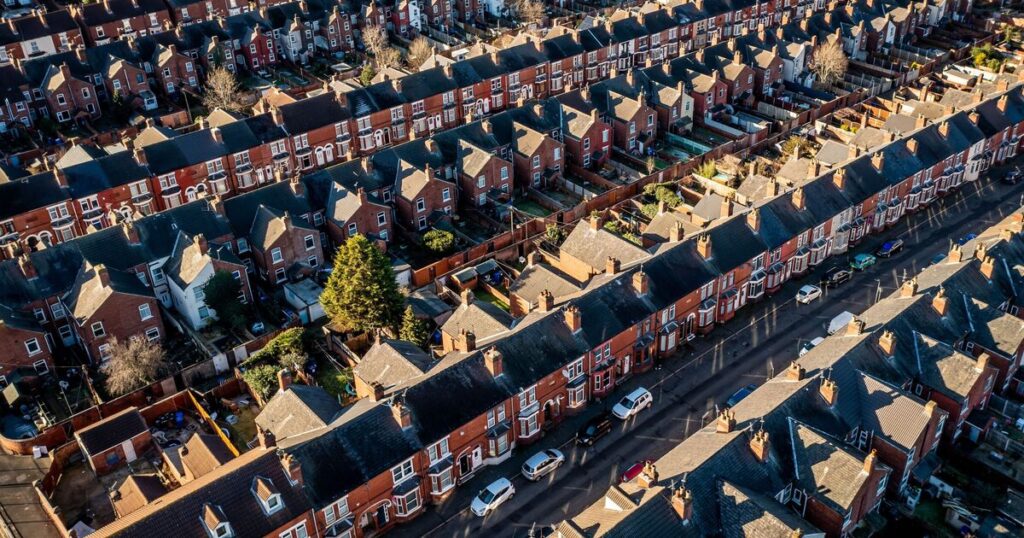
Council tax bills are set to rise at their fastest pace in two decades following Rachel Reeves’ spending review, according to the head of the Institute for Fiscal Studies. Paul Johnson said local government in England did “perhaps a little bit better than it might have expected” in the Chancellor’s statement on Wednesday, but warned the “sting in the tail” is the assumption that “council tax bills will rise by 5% a year” as part of the funding settlement.
The core spending power of councils is set to increase by 2.6% a year from next year, and “if English councils do choose 5% increases – and most certainly will – council tax bills look set to rise at their fastest rate over any parliament since 2001-05”, Mr Johnson said on Thursday. An increase of 5% is the maximum hike allowed before councils must hold a local referendum.
On Wednesday, Ms Reeves said that ministers will not be “going above” the 5% annual increases in council tax. She told ITV: “The previous government increased council tax by 5% a year, and we have stuck to that. We won’t be going above that. That is the council tax policy that we inherited from the previous government, and that we will be continuing.”
She added: “And of course, that money goes into those local public services, including social care, and in case of the police precept, it goes into our local policing.”
According to Liberal Democrats calculations, an average Band D property’s council tax will rise by an extra £395 by 2028/29.
Millions of households saw their council tax rise on April 1, adding hundreds of pounds more to bills at the start of the 2025/26 tax year.
Most local authorities in England implemented increases of up to 4.99%. This decision meant bills were raised by more than £100 on average for band D properties.
Some authorities, such as Windsor and Maidenhead, and Bradford, bumped bills up even further, by as much as 8.99% and 9.99%, respectively.
Find out how much your April 2025 council tax bill compares to other constituencies using our tool below.
When asked whether councils would have to raise the tax by 5% annually, the Chancellor indicated that nothing had changed regarding the terms of the tax cap, which was introduced by the previous government.
Ms Reeves told BBC Breakfast: “It is a cap, councils don’t have to increase council tax by 5%.”
What is council tax?
Council tax is levied on all properties in Great Britain (England, Scotland, and Wales), and it is set by local authorities to pay for services.
This includes things like schools, roads, libraries, support for vulnerable children and adults, rubbish collections, and the police, fire services, and other local services.
How much a household pays in council tax depends on what band their property is. Bands are determined based on the value of a person’s home, and these bands range from A to H by the Valuation Office Agency.
Today’s banding is based on the value of a person’s home on April 1, 1991.
- Band A – property value up to £40,000
- Band B – property value over £40,000 and up to £52,000
- Band C – property value over £52,000 and up to £68,000
- Band D – property value over £68,000 and up to £88,000
- Band E – property value over £88,000 and up to £120,000
- Band F – property value over £120,000 and up to £160,000
- Band G – property value over £160,000 and up to £320,000
- Band H – property value over £320,000.
 Latest World Breaking News Online News Portal
Latest World Breaking News Online News Portal






